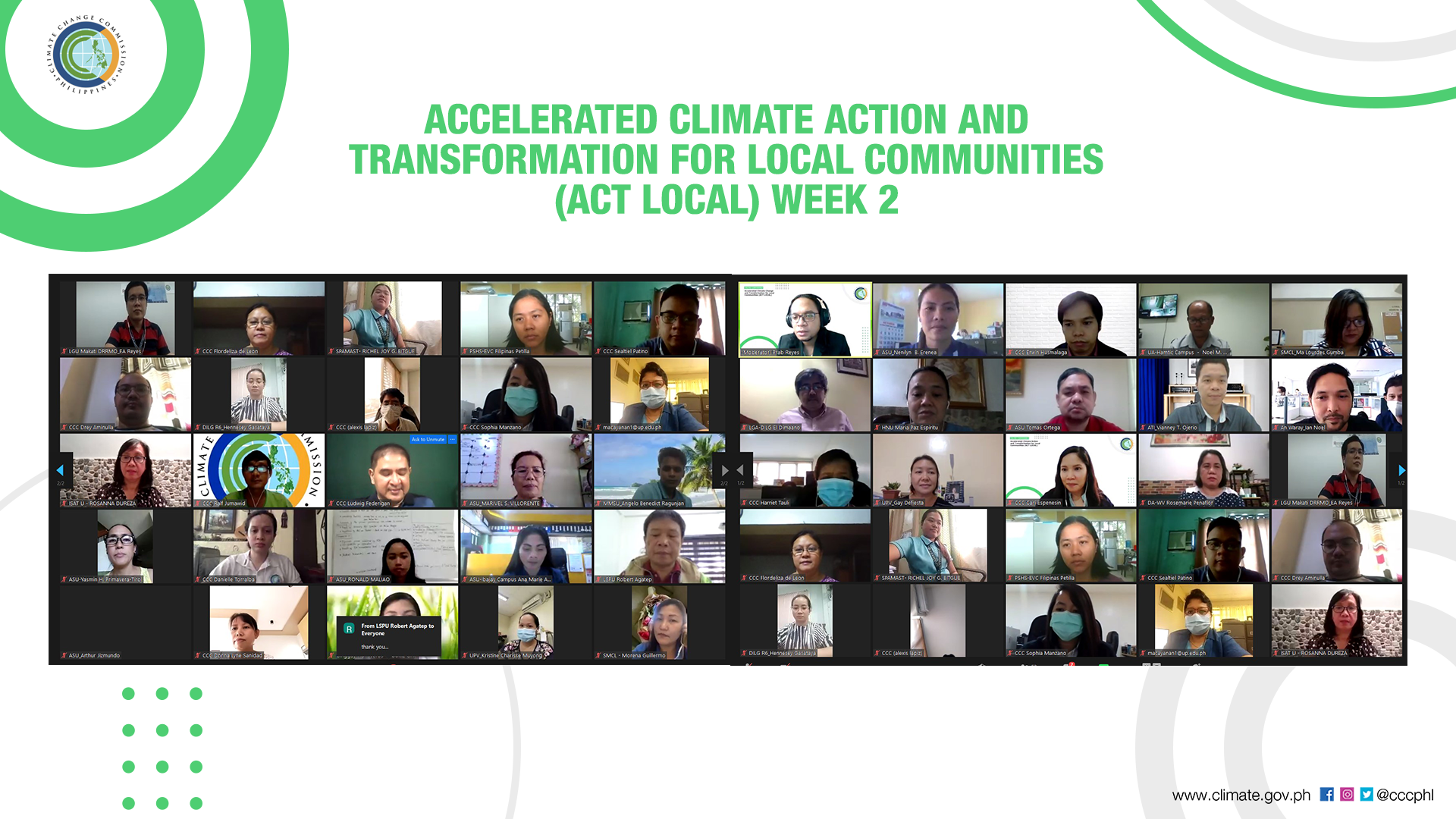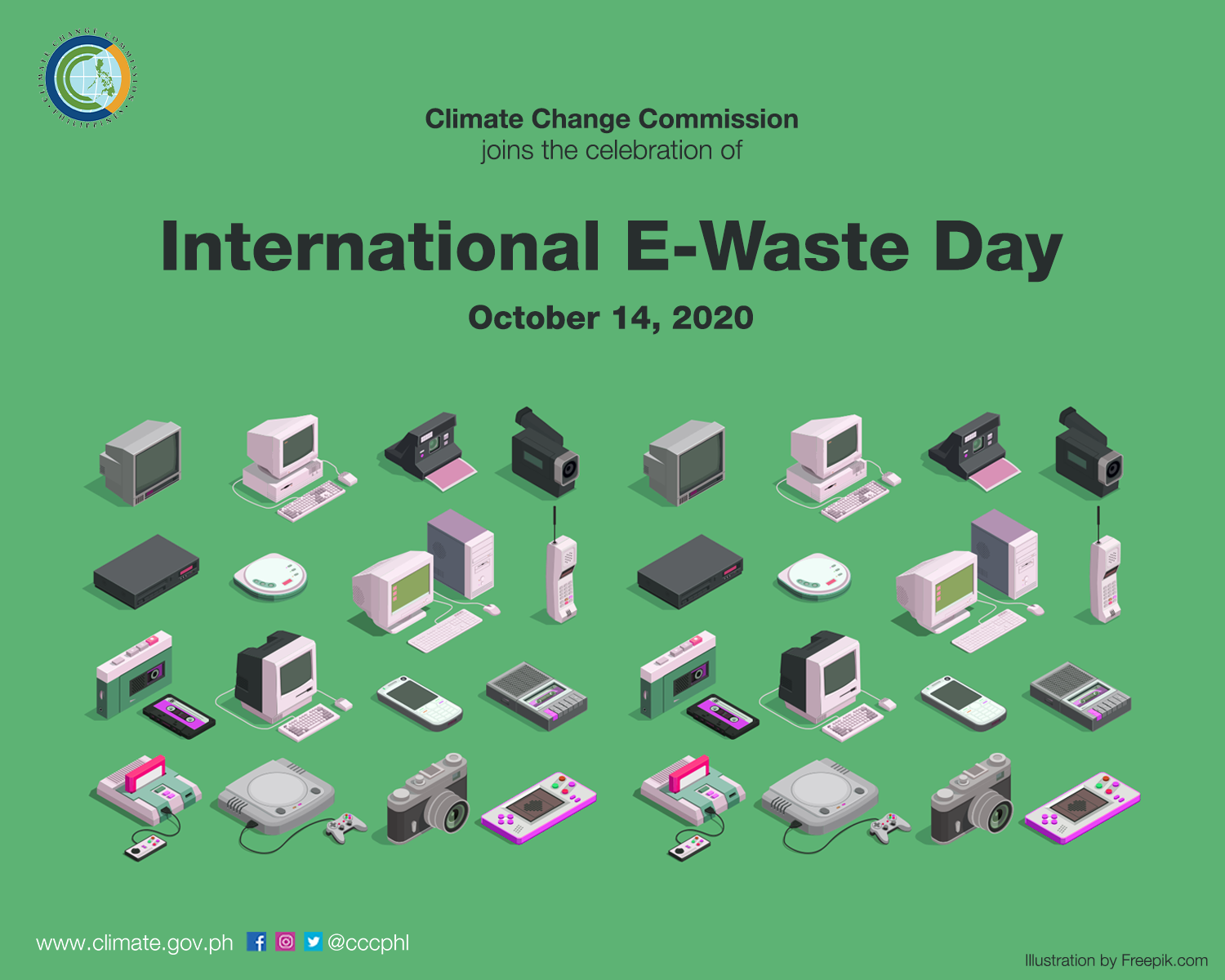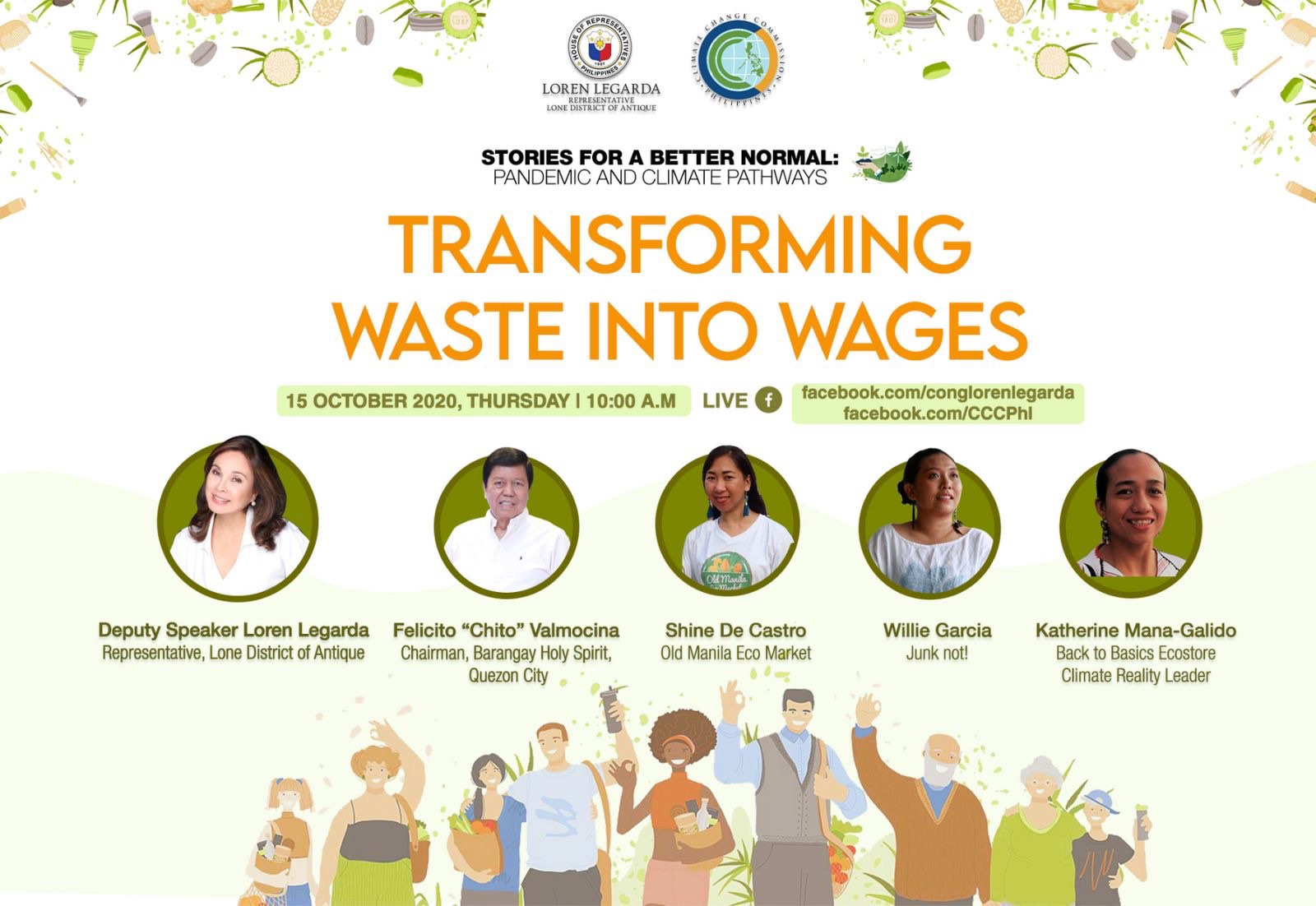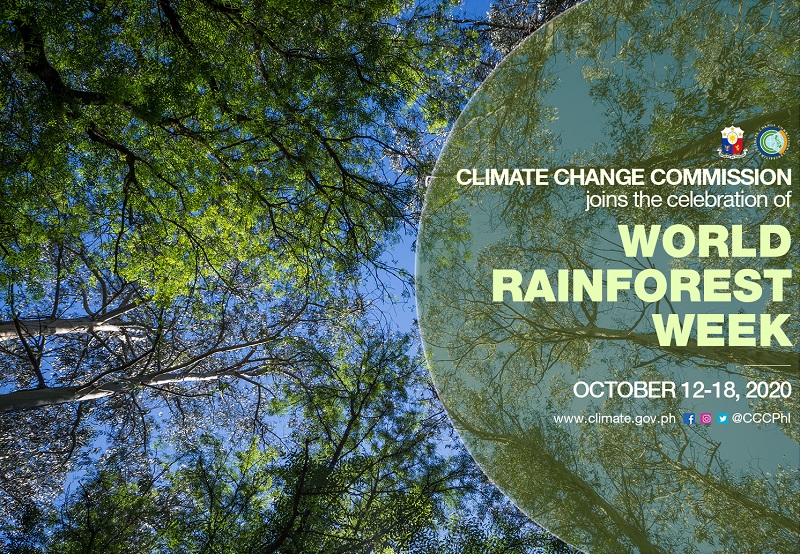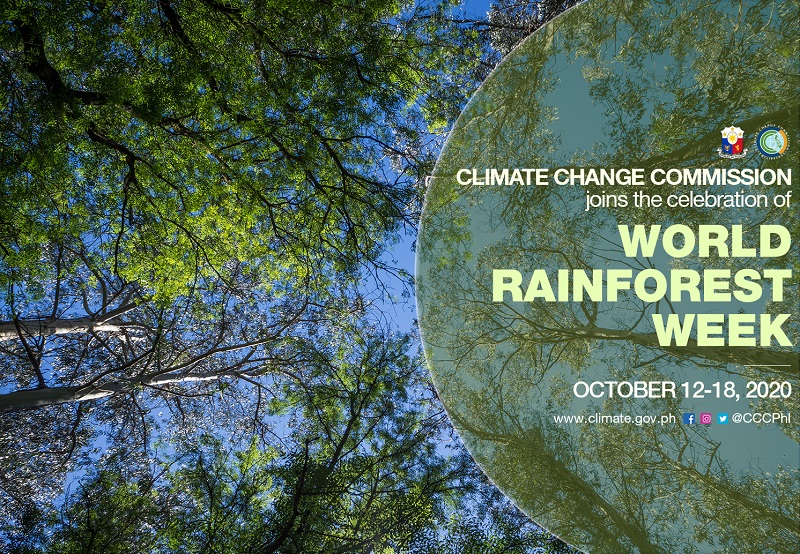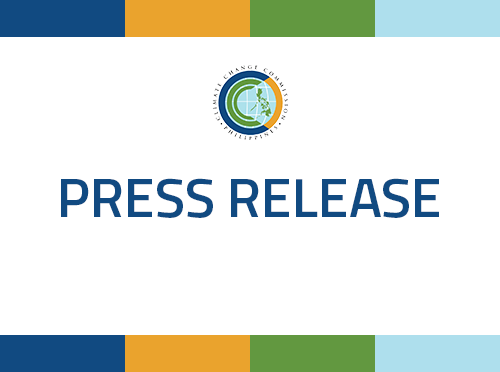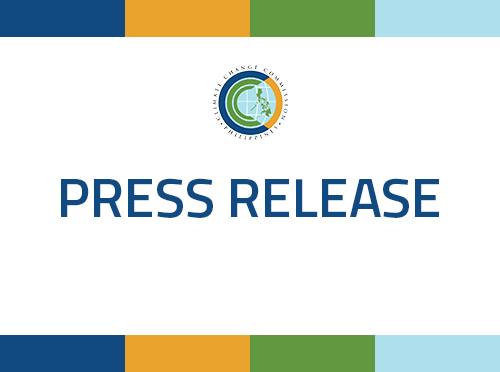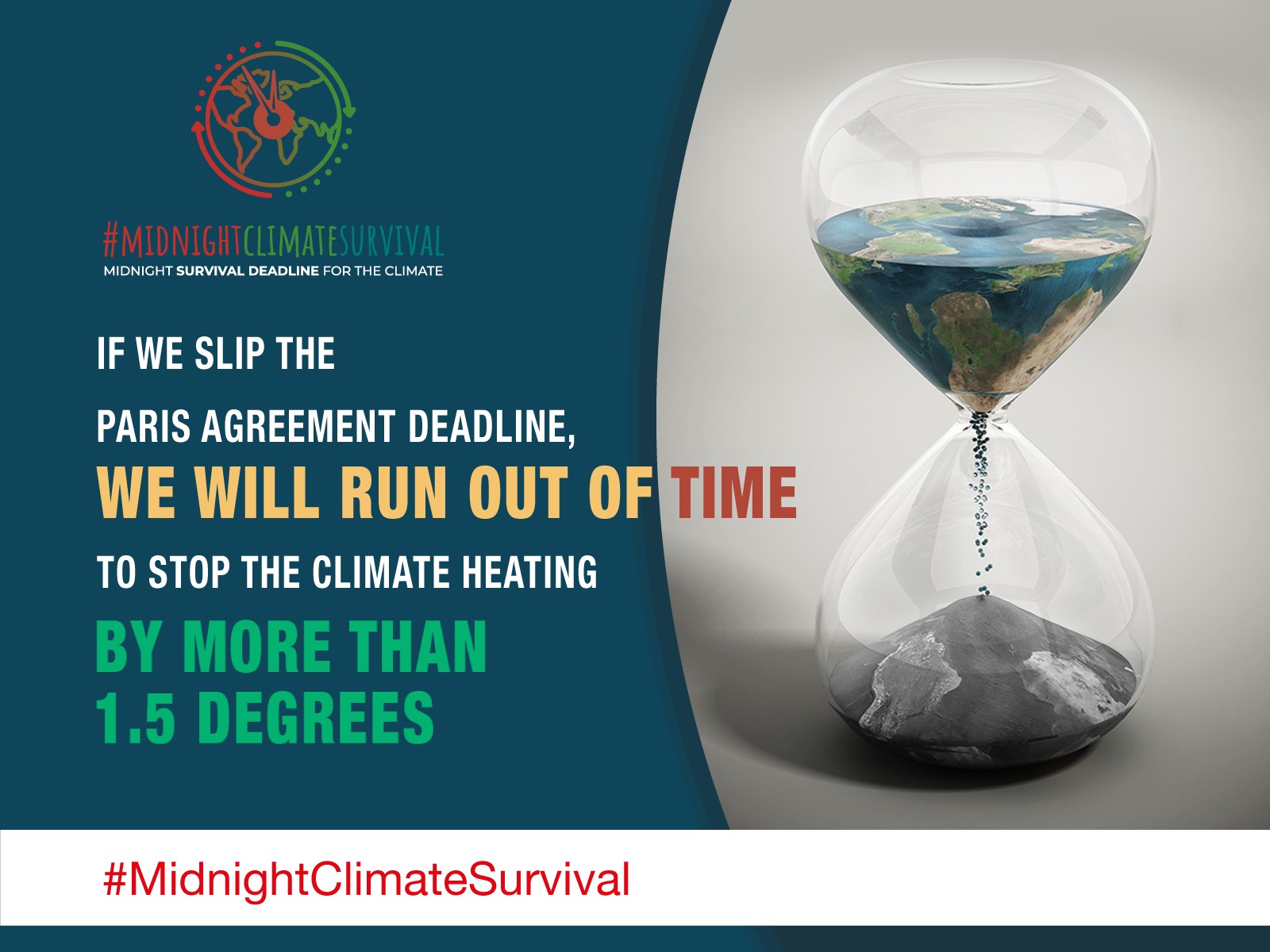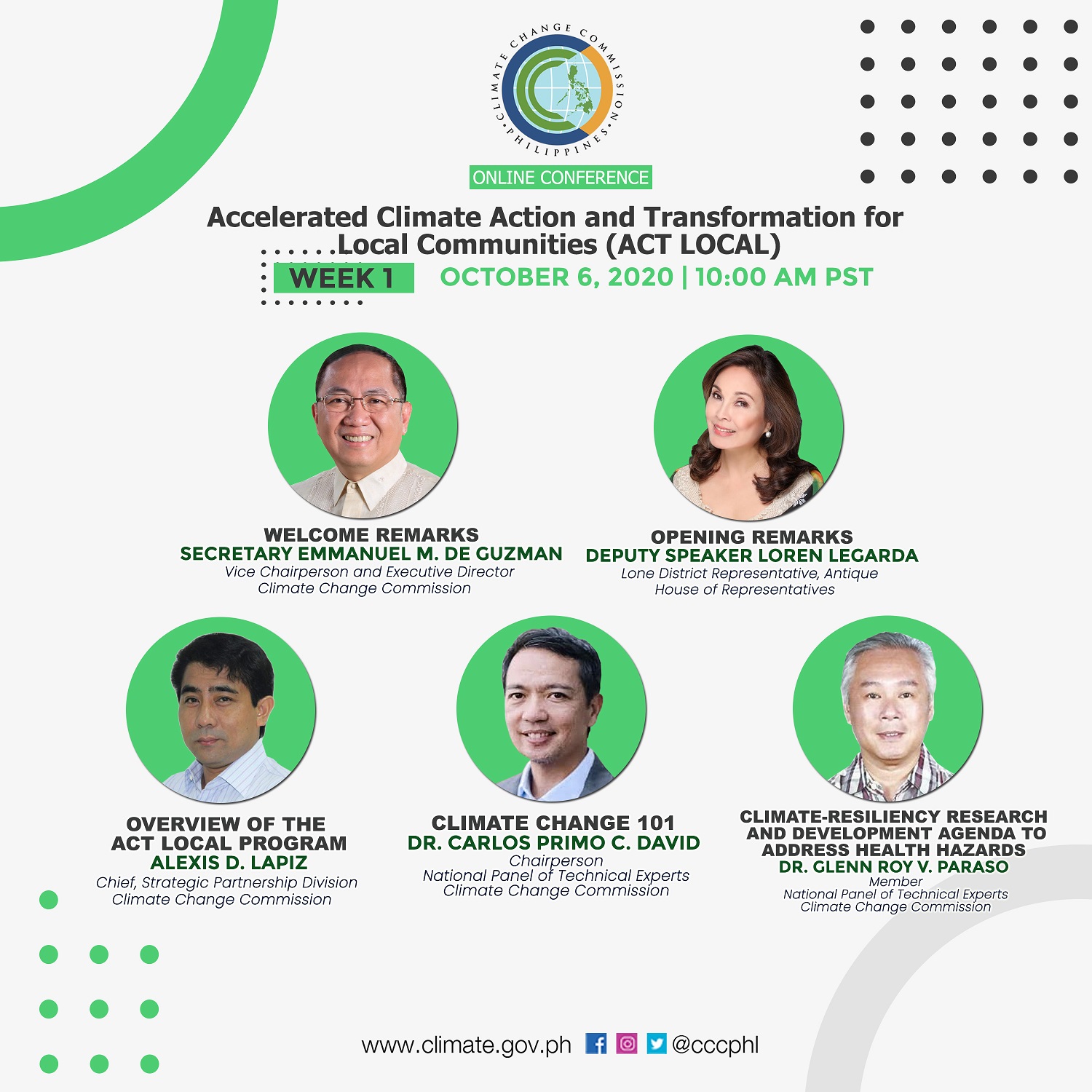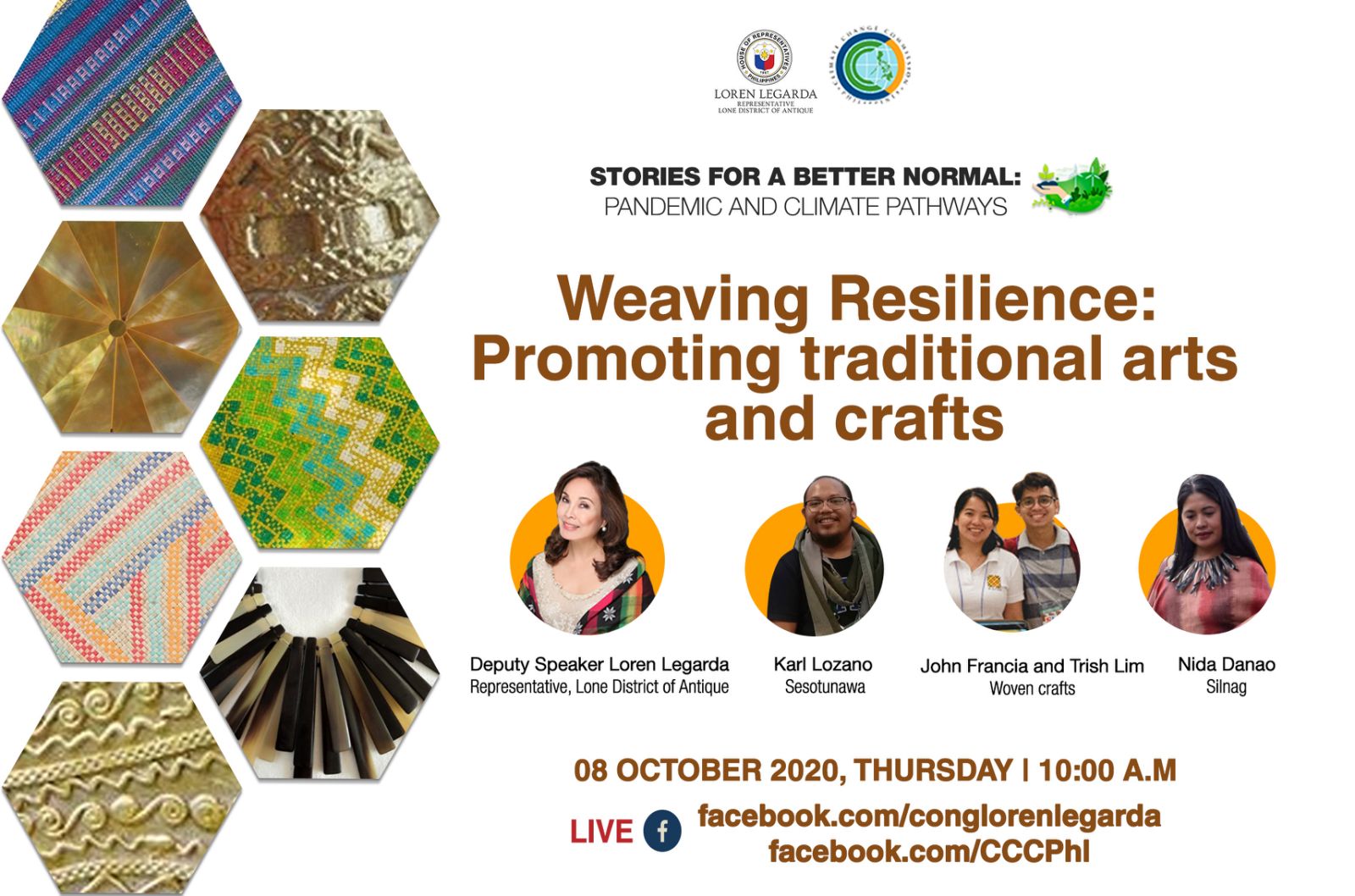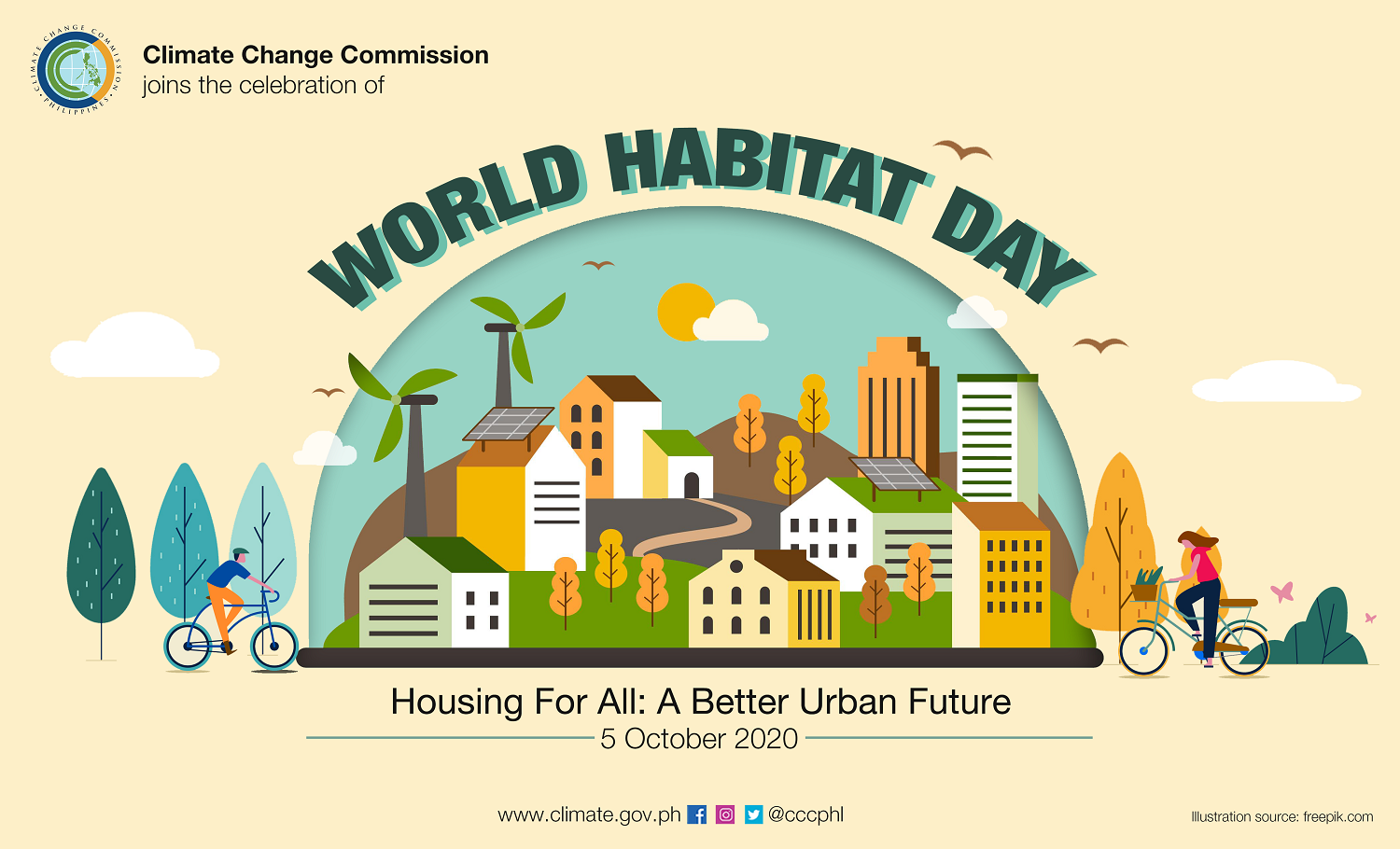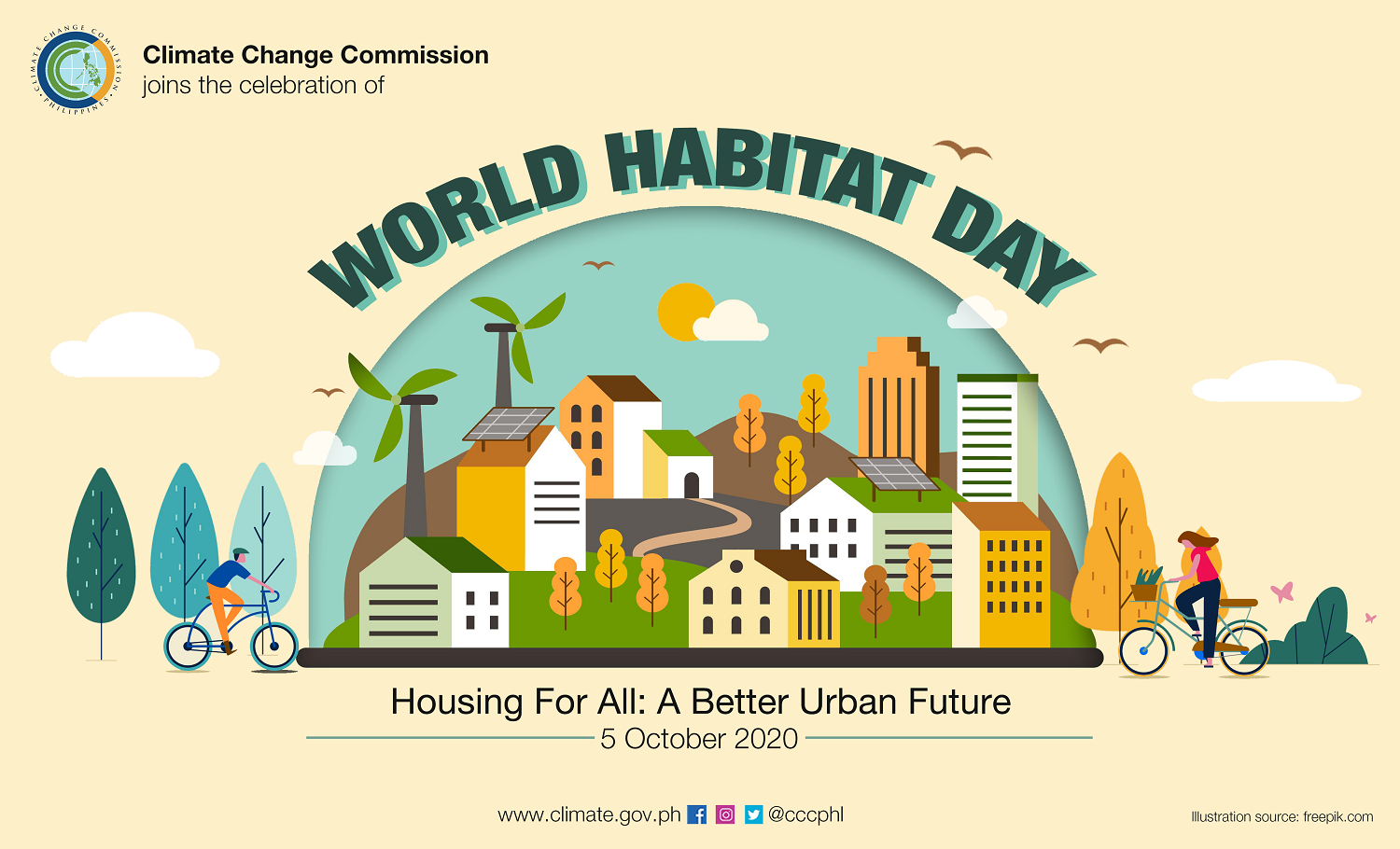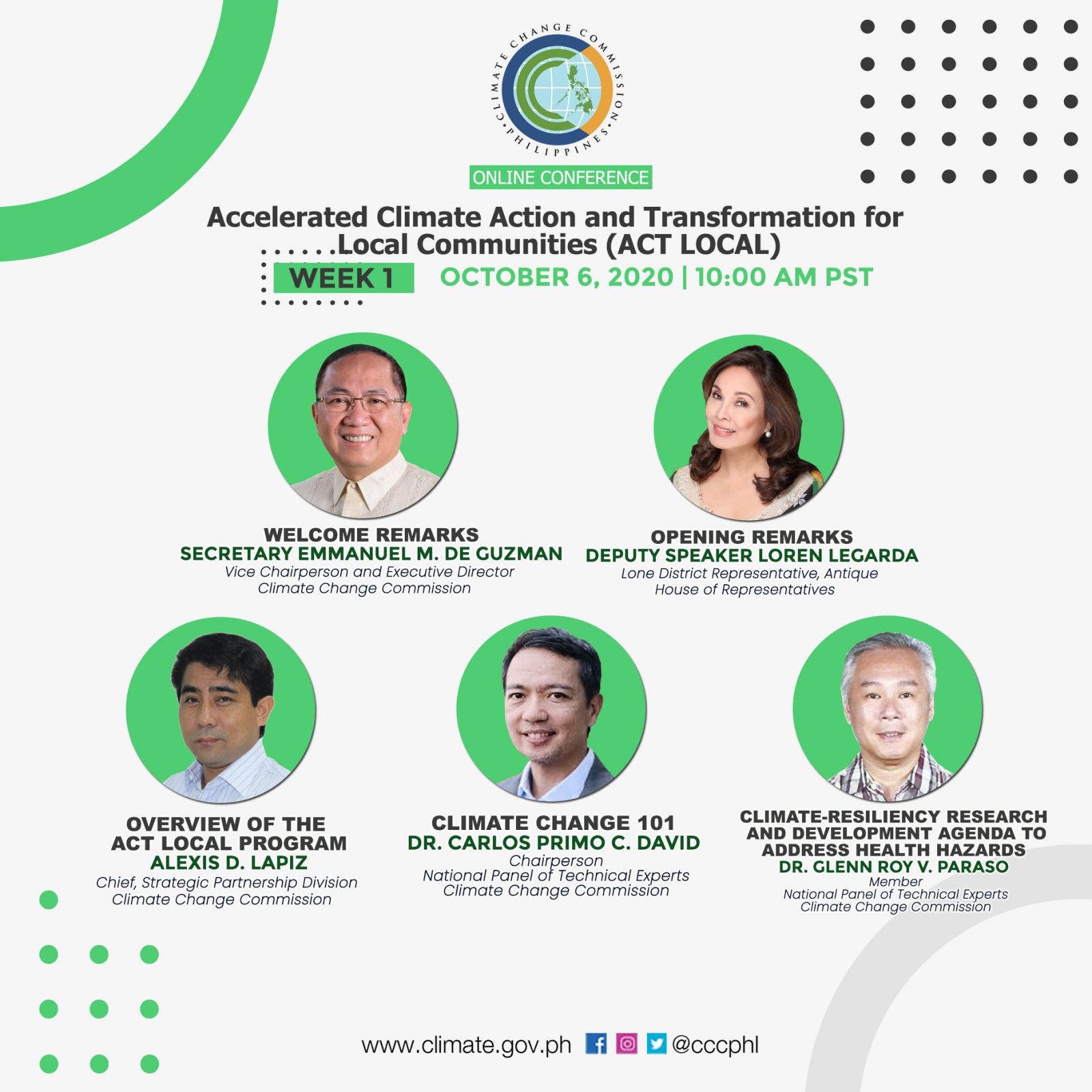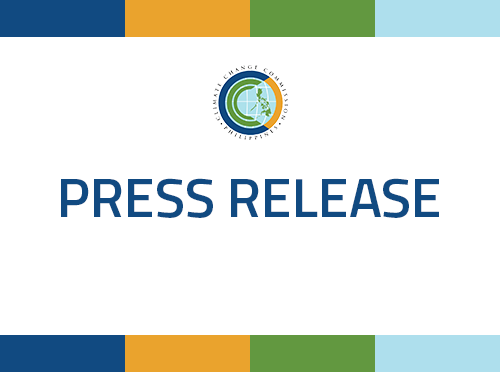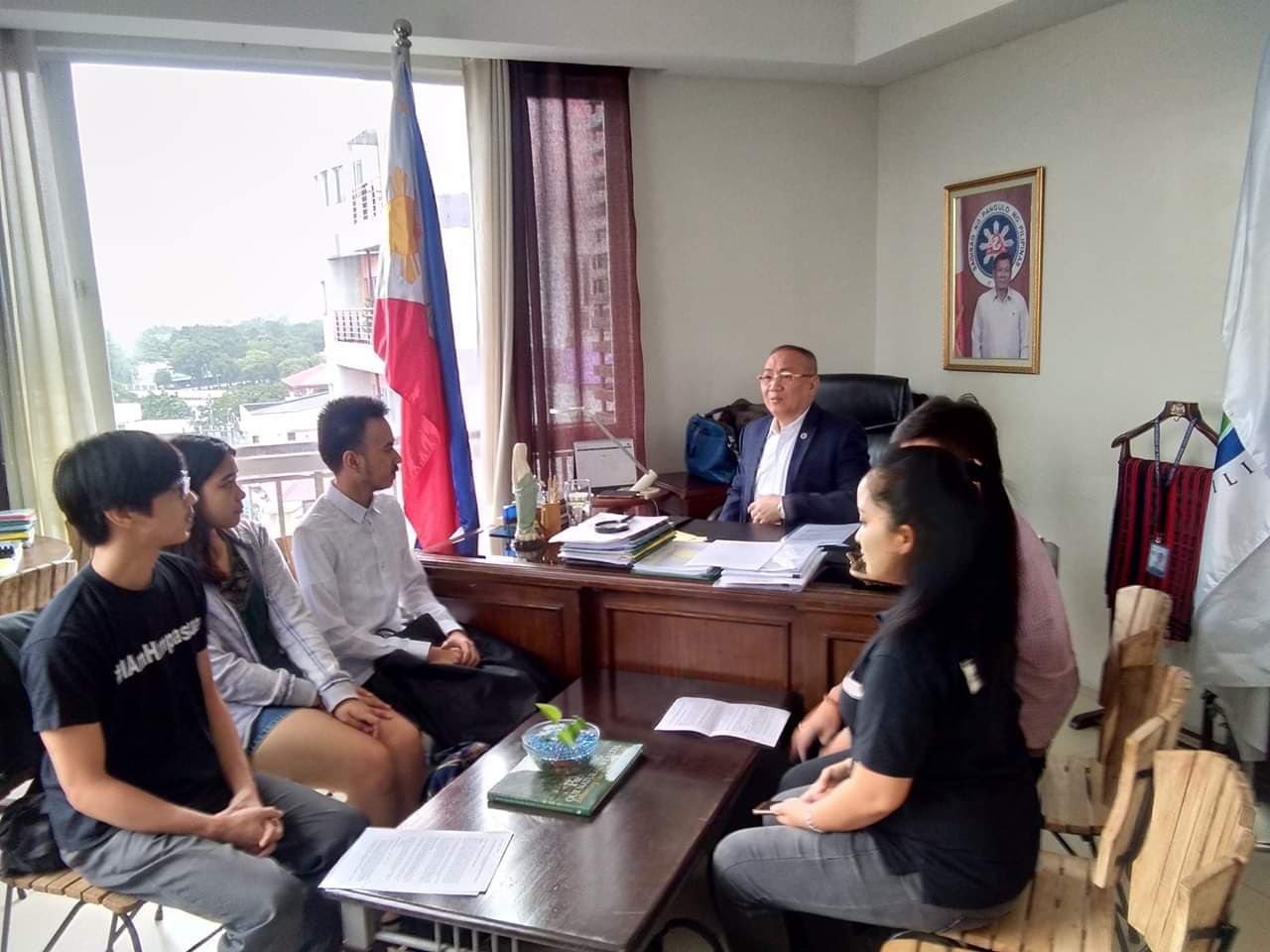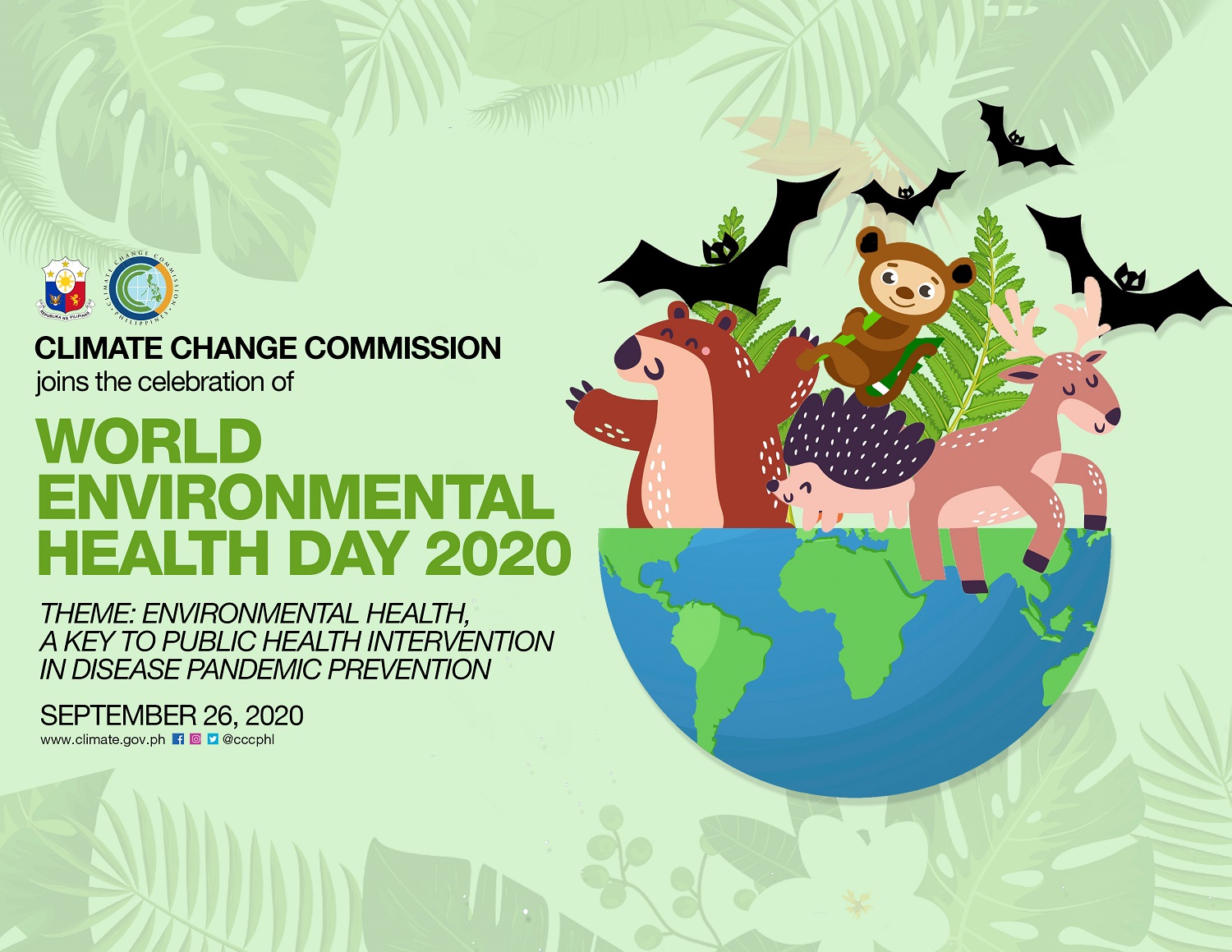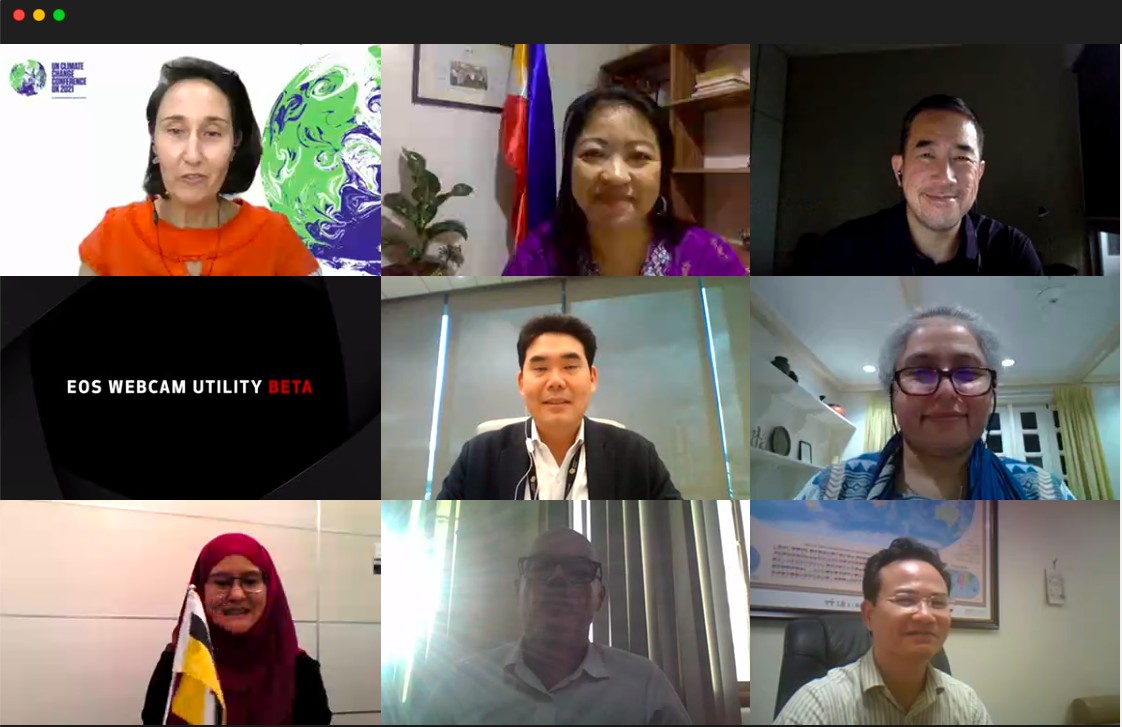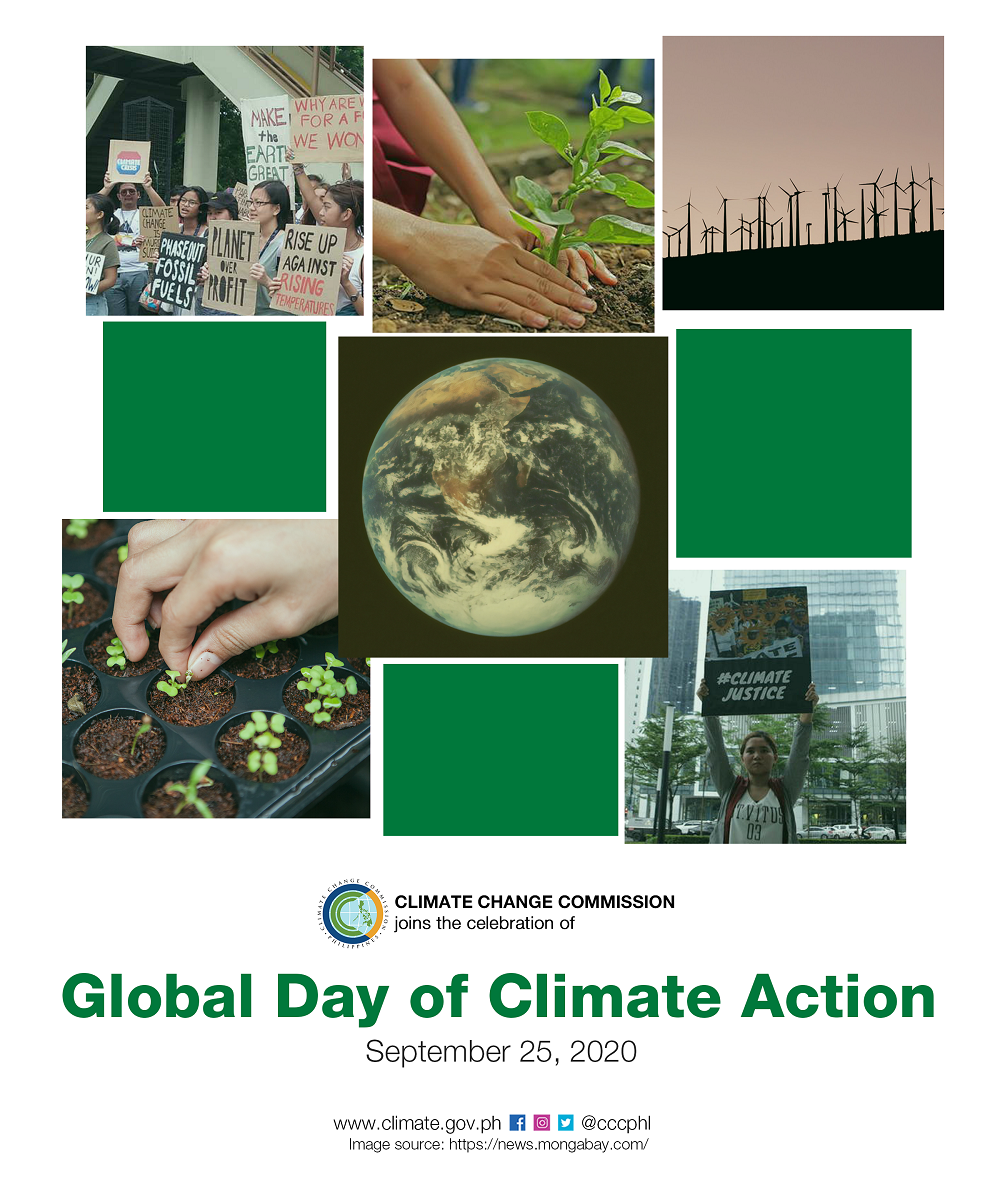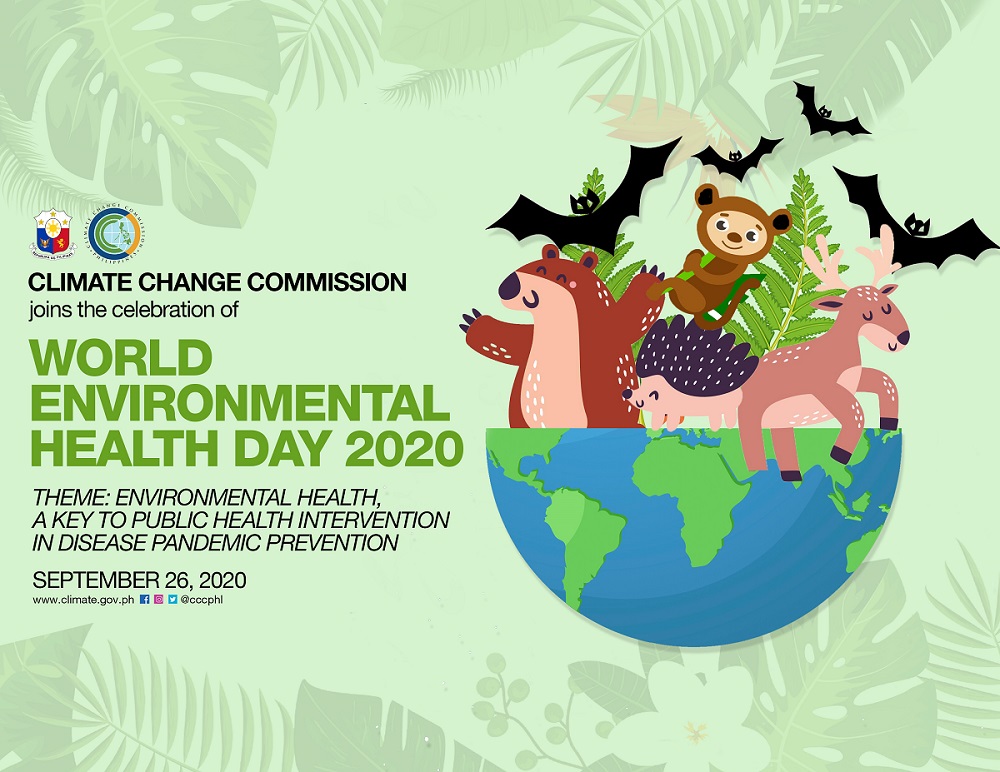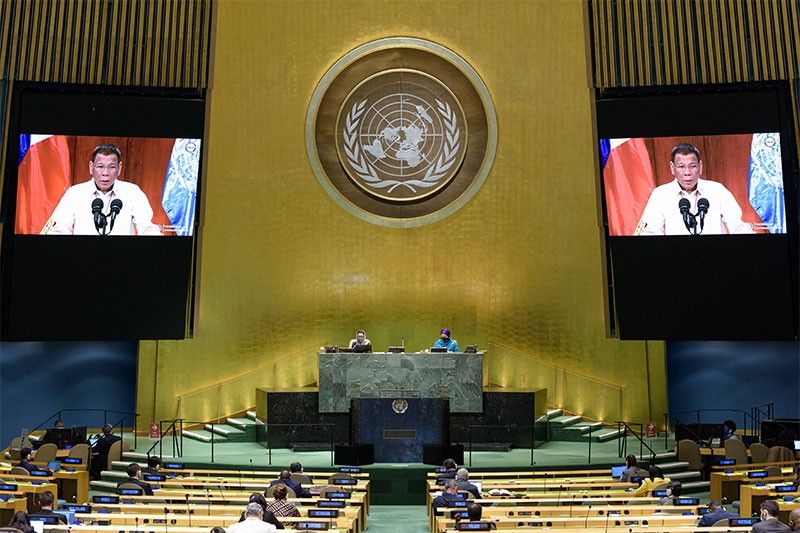MANILA, 6 October 2020 — Filipino fashion designers and entrepreneurs urged the public to patronize and support our innovating weaving and textile industry in this time of pandemic during the 20th episode of “Stories for a Better Normal: Pandemic and Climate Change Pathways.”
This episode is the second part of the topic “Weaving Resilience: Reviving Indigenous Textiles and Crafts” which highlighted collaborative efforts in utilizing local textiles from the rural weavers and promoted appreciation of indigenous weaving textiles from various regions in the Philippines.
The online conversation hosted by Deputy Speaker Loren Legarda featured designers and brand owners including Lenora Luisa Cabili of Filip+Inna; Marga Nograles of Kaayo Modern Mindanao; Nina Corpuz-Rodriguez of Nina Inabel; Looie Lobregat of Linea Etnika; Susan Marie Liao of Designs by Marie; Jor-el Espina; and Elsie Standen of Allena.
Legarda discussed the significance of reviving the production of Piña Seda, a handwoven fabric made of silk and pineapple fibers, and other traditional textiles.
“The strengthening of the local tropical fabrics industry is attuned to our advocacy of promoting sustainable development and preserving our rich heritage. With our efforts, we are able to help the local tropical fabric industry, we are able to help our rural artisans, and we are able to provide rural livelihoods," said Legarda.
Ms. Cabili shared the beginnings and products of Filip+Inna, and how they collaborate with different artisans around the country to banner their excellent craftsmanship. She also stressed the exquisite characteristics of piña.
“One of the beauties of the piña is that it is taken from its purest form. The way it is extracted, stripped, dried, knotted, and weaved is an amazing process that I don't see in other textiles around the world," said Cabili.
Ms. Nograles shared the story behind Kaayo Modern Mindanao and its partnership with the Indigenous Weaving Communities of Mindanao.
“People asked me what 'Kaayo' is. I would summarize it into three points: First, 'Kaayo' means kindness or goodness in Bisaya. We wanted everyone to be inspired by kindness. Next, 'Kaayo' is a curated collection of different Mindanaoan stories. So basically, we are a platform to present the treasures of my hometown [Davao]. And lastly, Kaayo Modern Mindanao is about coming together of everyone, of all Mindanaoans. Our brand celebrates collaboration and empowering other people to come together to bring the brand to life,” said Nograles.
Ms. Corpuz-Rodriguez shared how Nina Inabel helped the local weavers, dressmakers, and farmers in Ilocos, and how the brand promoted the many use of the Inabel fabric.
“As an Ilocana, I'm familiar with the fabric "Inabel." It is used all over the household - from curtains to blankets, and even uniforms and medals. But we showed everyone that the traditional fabric, "Inabel," ay hindi lang ginagamit sa bahay, kundi pang fashion din,” said Corpuz-Rodriguez.
Ms. Lobregat shared how she was inspired by their local cultural heritage to create products that make weaves mainstream and celebrate the stories of the hands and parts that make them – through Linea Etnika.
“Linea Etnika really embraces slow fashion. Things are purposely made to last. I know that Linea Etnika is a small company but I'd like to believe that we have a very big heart and strong conviction to make this happen. We go for zero waste, and we upcycled and repurposed some of our products,” said Lobregat.
Mr. Espina shared the background of his brand and how fascinated he was with the colorful handwoven fabrics of Iloilo, Aklan, and Antique.
“The designers and entrepreneurs are here to revive and give respect to these fabrics. We are free to create new things, we are free to do and work on different colors and patterns, but we have to respect the crafts of our ancestors so that our tradition will be preserved and continue,” said Espina.
Ms. Liao shared the inspiration behind Designs by Marie, which came from their family’s love for arts, culture, and heritage that made them create a sustainable brand, especially in helping the artisans of Antique.
“It is a sustainable brand that has a tribute to our beloved province of Antique. We merge tradition with fashion. We aim to empower more Antiqueño artisans and continuously support their livelihood,” said Liao.
Ms. Standen shared Allena’s advocacy of protecting and preserving the past tradition which should be enjoyed and passed on as a legacy to the future generations.
“As a brand with responsibility, we know that consumers nowadays are getting smarter, so being "traceable" means we can answer their questions such "who made our clothes?," "what is it made of?," and "is it relevant that it can be passed on to their daughters?". Traceability, for us, has different ingredients: the people, the raw materials, and the research and development that comes with it,” said Standen.
As a textile art, culture, and heritage advocate, Legarda showed her extensive collection of local garments and Filipino knitwear made by the invited guest designers, in support of the rural artisans, weavers, and livelihoods.
“While this is about fashion, we talked about rural livelihoods, Philippine innovation and design. What we discussed is connecting businesses and enterprises in the cities to the mountains and the farmlands, and the need to connect artisans, livelihoods and weavers to the market,” Legarda concluded.
This three-part episode emphasizes the role of the traditional weaving industry in preserving our cultural heritage and local craftspersonship. The last part, which will focus on promoting traditional arts and crafts will air on October 8th.
The upcoming episode will feature founders of social and community-based enterprises including Karl Lozano of Sesotunawa; John Francia and Trish Lim of Woven crafts; and Nida Danao of Silnag.
Episode 21 will also show video clips of local artisans including weavers Angelina and Sammy Buhle from Hingyon, Ifugao; Teofilo Garcia, a Casque maker and Gawad Manlilikha ng Bayan from San Quintin, Abra; Eduardo Mutuc, a Metalsmith and Gawad Manlilikha ng Bayan from Apalit, Pampanga; and Magdalena Gamayo, a Textile weaver and Gawad Manlilikha ng Bayan from Pinili, Ilocos Norte.
As an online discussion to promote health, environmental consciousness, and climate-adaptive practices, Stories for a Better Normal aims to change the mindset of individuals, families, and communities by demonstrating ways in which a ‘better normal’ can be realized within our communities.
This online discussion is organized in partnership between the Office of Deputy Speaker Legarda and the Climate Change Commission, with support from the Institute for Climate and Sustainable Cities, The Climate Reality Project-Philippines, and the Mother Earth Foundation.
October 05, 2020 Monday

